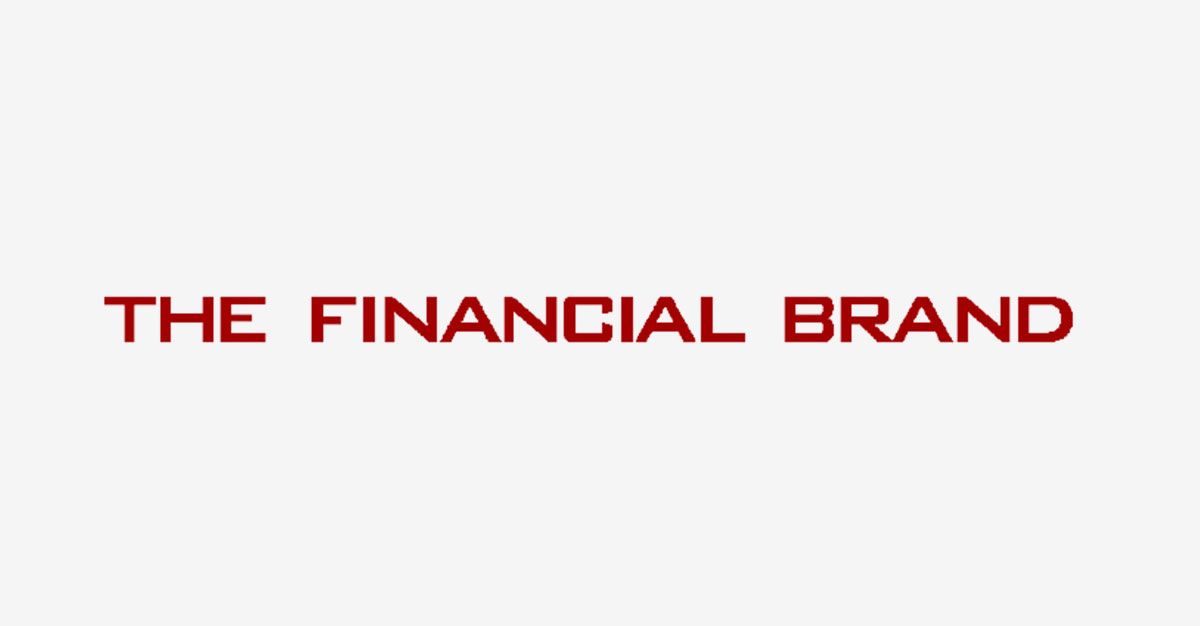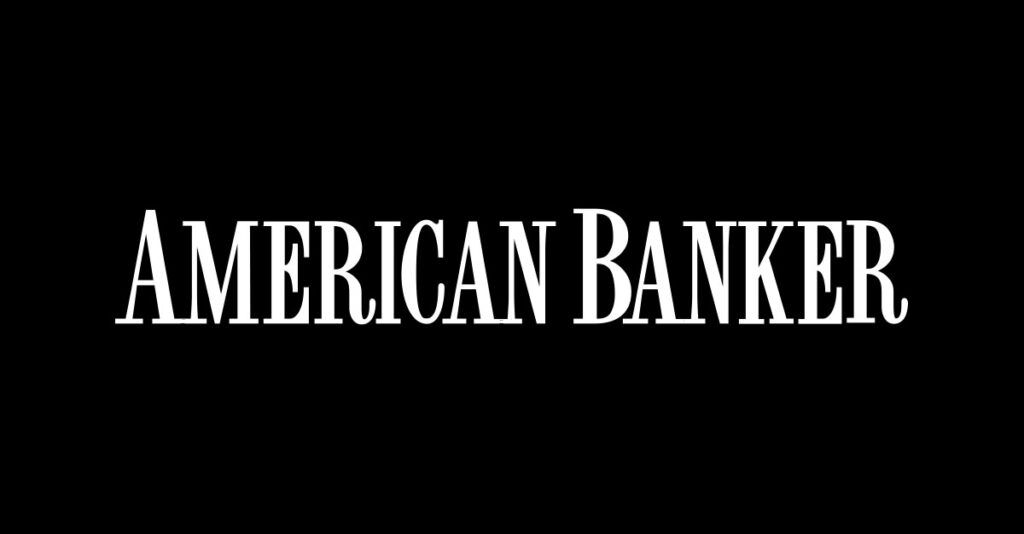Why Facebook Still Wants to Invade the Payments Space
The social media giant’s attempt to launch the Libra cryptocurrency ran into resistance early on. The struggle to woo banks into the fold continues. But the introduction of Facebook Pay underscores the company’s continuing payment ambitions. The head of Calibra, Libra’s home inside Facebook, continues to believe in the blockchain-based instrument’s future.
While Facebook has taken some PR lumps over its Libra cryptocurrency concept, it’s not as if the company was a payments newbie.
Facebook has a longstanding interest in payments, and has already made a considerable amount of money from its payments activities. Consider that the social network produced $269 million from “payments and other fees” in the third quarter of 2019, a respectable haul. However, Facebook’s payments revenue has remained relatively flat for the last several years. And payments income continues to be dwarfed by advertising revenue, which reached $17.6 billion in the same period.
Even as the company worked at Libra, it was busy on other fronts. The late 2019 announcement of the gradual rollout of Facebook Pay appears to be the company’s effort to collect all of its payments services under one umbrella. They have been part of Facebook Messenger, WhatsApp and Facebook itself, where payments often take the form of games payments. This seems like a natural progression, and also prepares Facebook Pay for quick deployment in future services, inside or outside the walls of Facebook.
Payments Development Continues to Be a Facebook Priority
The Facebook Pay announcement closely followed the high-profile departure from the Libra Association of major payments companies such as Mastercard, PayPal, Stripe and Visa. From its announcement in June 2019 the Libra endeavor was met with hostility on several fronts.
Most seriously, the Libra Association ran into difficulties with regulators and the central banks of several countries. For example, both the People’s Bank of China and the European Central Bank indicated they would respond to the “challenge” of Libra, by moving forward with their own stablecoins — digital currencies pegged to fiat currency. Patrick Harker, President of the Federal Reserve Bank of Philadelphia, added to this, calling a U.S. stablecoin “inevitable.”
This resistance comes at a time when Facebook has been mired in a negative news cycle relating to the current stormy political climate. Mark Zuckerberg and company seem to be having difficulty getting clear of this and related politics. This atmosphere is certainly responsible for some of the negative reactions to the initial Libra announcement in the summer of 2019.
Reactions to Facebook Pay were much more muted, probably because Libra’s scope is more ambitious than that of Facebook Pay, which rides traditional payment rails. It remains to be seen if the two become linked in the future.
Keep reading on The Financial Brand.
Subscribe to CCG Insights.








